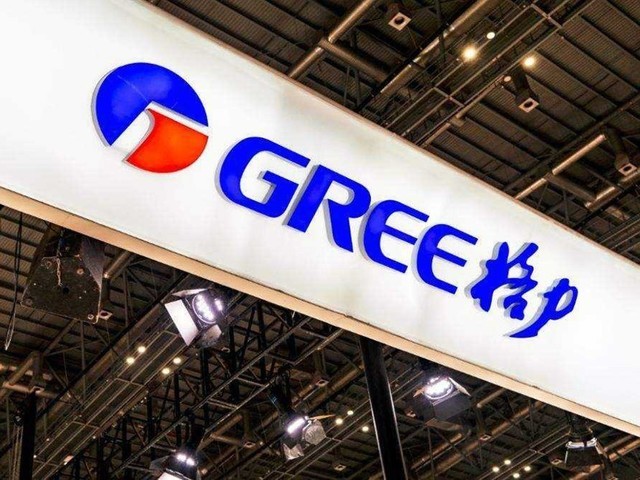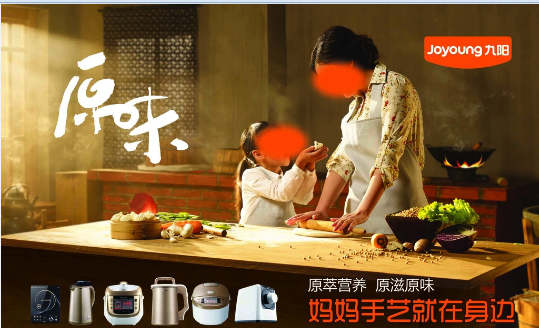Chinese Appliances Companies frequently Acquire Foreign Appliances
Recently, many Media reported that Gree Electric and Joyoung, China's home appliance companies, are interested in participating in the bid for Philips' home appliance business, and Haier and Midea also participated in the negotiation. In recent years, there are many examples of Chinese home appliance companies acquiring foreign home appliance brands. The biggest reason why foreign home appliances choose to sell their brands comes from their weakened competitiveness. In addition, people in the industry generally believe that these home appliance brands are making strategic shifts, transforming to corporate customers with higher technical thresholds, higher capital thresholds, and higher barriers to industry competition.

Foreign giants are reselling their businesses
According to reports, Joyoung shares and Gree Electric are interested in participating in the bid for Philips' domestic home appliance business. The transaction value may reach up to 3 billion euros (approximately RMB 24.27 billion). Haier and Midea are also in talks. In mid-September, many domestic media followed up on the news.

Although from the current point of view, it is not clear which company can take over Philips, Fransvan Houten, the global CEO of Philips, stated in the 2019 annual report that he is seeking the best possible ownership for the home care and kitchen appliances business, and said These two businesses are not suitable for Philips to focus on the health technology field in the future.
Transformation to the enterprise customer field
The biggest reason why foreign home appliances choose to sell their brands is that their competitiveness has weakened, especially in the Chinese market.
Take color TV as an example. In the first half of 2020, affected by the new crown virus pneumonia epidemic, almost all color TV brands have experienced a decline in sales, but foreign brands are particularly noticeable. According to statistics from Zhongyikang, in the first half of this year, the retail volume of domestic brand color TV sets was 17.61 million units, a year-on-year decrease of 9.75%. The retail sales volume of foreign brand color TV sets was 1.64 million units, a year-on-year decrease of 32.44%, with a market share of less than 10%.
Among them, the sales volume of Sony TV in the Chinese market in the first half of this year was 460,000 units, a decrease of 21.82% over the same period last year,the cumulative sales of Samsung TV in the Chinese market in the first half of this year was 410,000 units, a decrease of 8.33% over the same period last year; Philips TV in the first half of this year Cumulative sales in the Chinese market were 200,000 units, a decrease of 44.97% from the same period last year.
In addition, the sales of several other mainstream domestic color TV brands in the first half of the year were all over one million units, and there was a big gap between foreign brands and them. In this regard, industry observer Hong Shibin believes that, on the one hand, it is related to the transfer of industrial background. Once Europe and the United States, then Japan and South Korea, and then China, the rise of home appliance brands has always highlighted the characteristics of a place of belonging; In the past ten years, both technology and design have made great progress.
●Major General Ding, an expert in the home appliance industry, believes that the withdrawal of foreign home appliance brands is not unexpected. At present, in most home appliance categories, domestic brands occupy a dominant position, and foreign brands are already at a significant disadvantage in the competition. Except for the high-end market of a few categories, it is normal that foreign brands are gradually marginalized or even eliminated from the competition. Next, domestic brands will further harvest the market and step up to attack the high-end market. The withdrawal of foreign brands has been completed through brand leasing and overall sales, and more resources and energy will be invested in the upstream of the industrial chain such as materials, chips, precision manufacturing, and medical care and in more profitable areas.
(Source : China home electrical appliances networking)
